Training on Climate Risk Management Conducted
Haramaya University, in collaboration with GIZ-Ethiopia and AICCRA, conducted a five-day training focusing on Climate Risk Management in Agricultural Extension from October 23-27, 2023 at Haramaya University Main Campus.
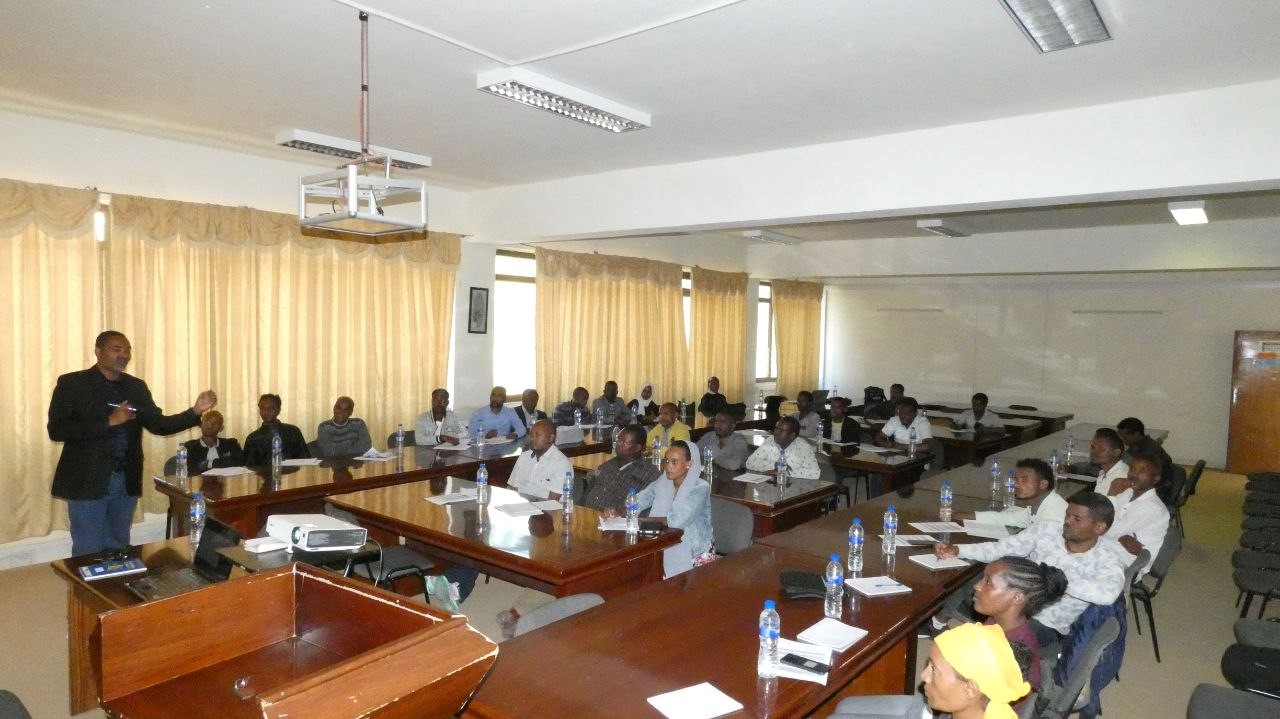
The training was attended by 30 agricultural experts selected from East and West Hararghe Zones.
The main objective of the project was to assess climate risks, provide climate information services, and enhance the ability of farmers to manage climate risks, build resilience, and ensure sustainable agricultural development in the face of a changing climate; it was indicated during the occasion.
Mr. Tasisa Temesgen, a lecturer and researcher from the College of Agriculture and Environmental Science, School of Natural Resources Management and Environmental Sciences, and the focal person of the project, highlighted the challenges posed by climate change and variability as well as the lack of timely climate services.
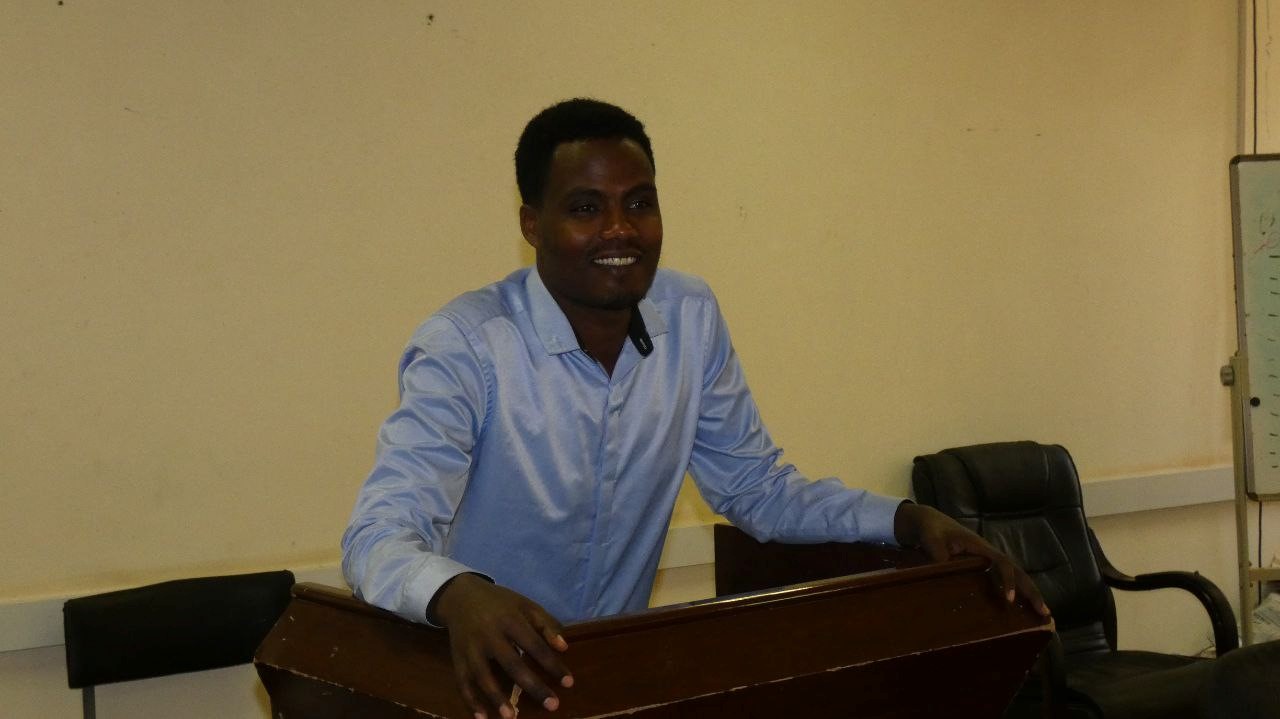
Mr. Tasisa emphasized that factors like insufficient access to climate information have contributed to increased food demand. He also emphasized the importance of Climate Risk Management in Agricultural Extension as a key factor in enhancing productivity and meeting the growing global food demand in the face of climate change. He stressed that the lack of access to climate services impacts productivity and highlighted the need to obtain climate information services through various channels and provide guidance to farmers, especially during crop planting preparation and harvesting, to increase agricultural productivity.
Implementing strategies such as weather monitoring and forecasting, climate-smart agriculture capacity building, and knowledge sharing can effectively address climate risks, enhance agricultural productivity, and contribute to sustainable food systems in the face of a changing climate; it was highlighted during the training.
The training provided to agricultural experts focused on fundamental aspects of climate, climate forecasts, and climate information, the current climate change and variability significantly affect agricultural production. Efforts are being made to incorporate the concept of climate information into agricultural planning to mitigate the impact of climate change on the sector.
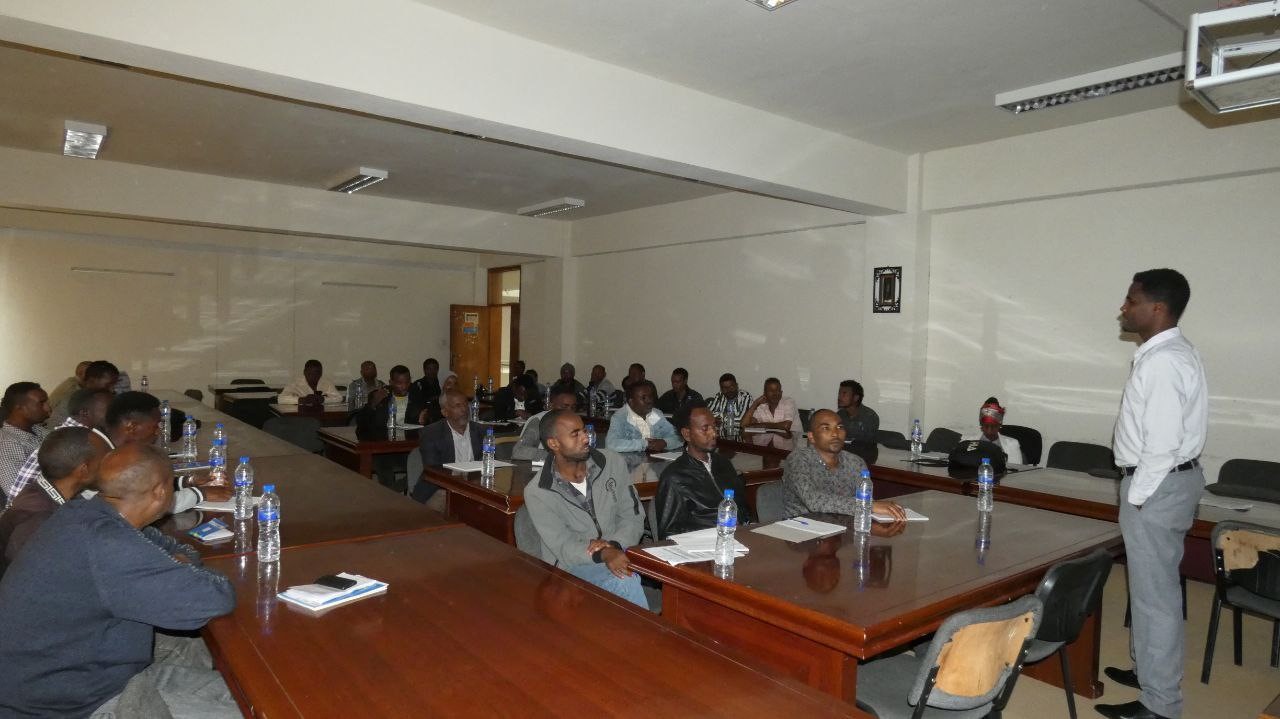
Mr. Tasisa also highlighted that global climate change is increasing over time, adversely affecting agricultural production through changes in water depth or water table (e.g., Haramaya Lake), and rainfall patterns. Consequently, climate information services are crucial to address this situation.
The training is aimed at equipping agricultural experts with knowledge of Climate Risk Management in Agricultural Extension to disseminate within their respective watersheds. It covered topics such as basic climate concepts, climate data and information, seasonal climate forecasting, available climate information products and tools for agriculture, understanding climate-sensitive agricultural decisions, and communicating climate information to support its use.
The trainees expressed the importance of the training and found the training delivery interesting. They acknowledged gaining a deeper understanding of Climate Risk Management in Agricultural Extension and concepts related to climate information and services in their watersheds. They recognized that climate change and variability have become significant concerns, particularly for the agricultural sector.
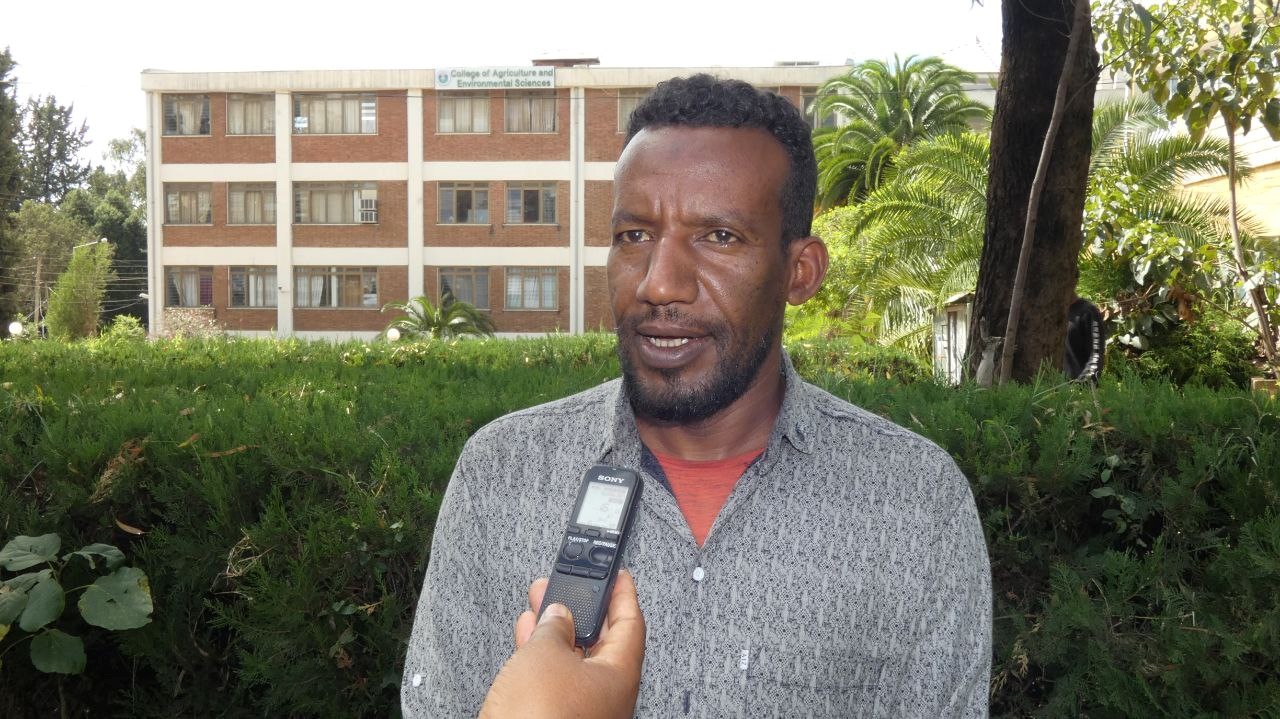
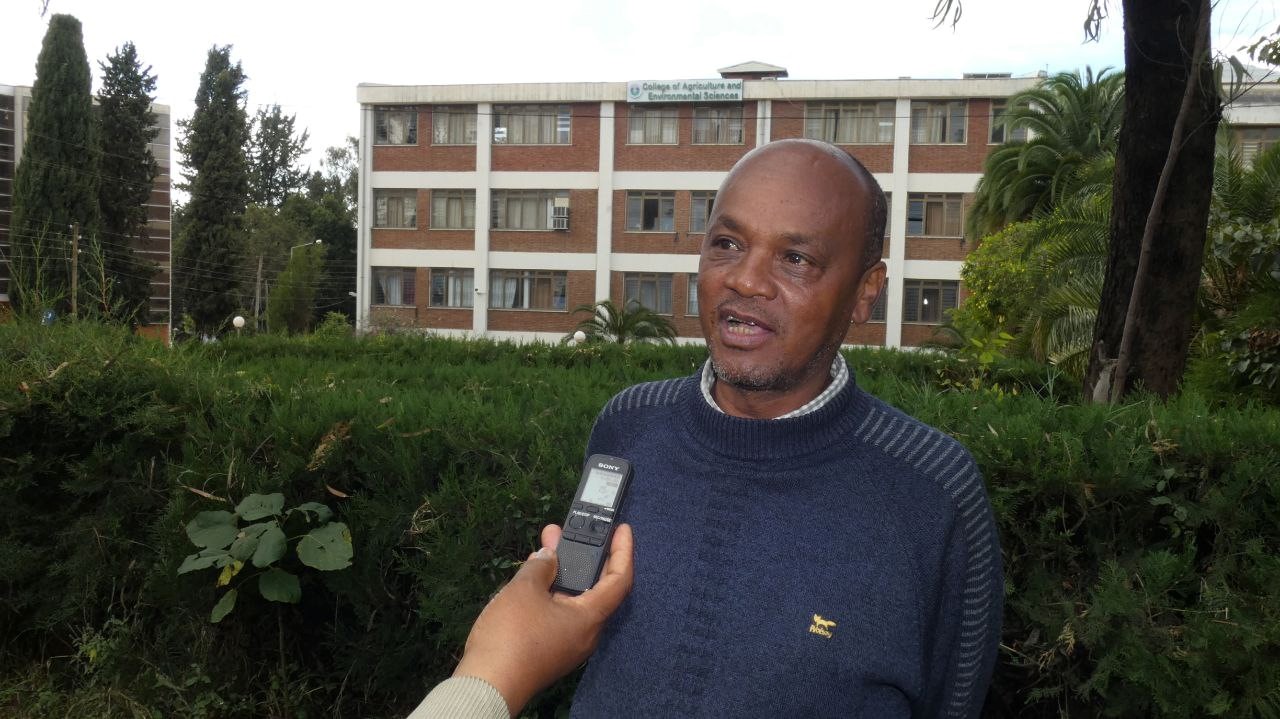
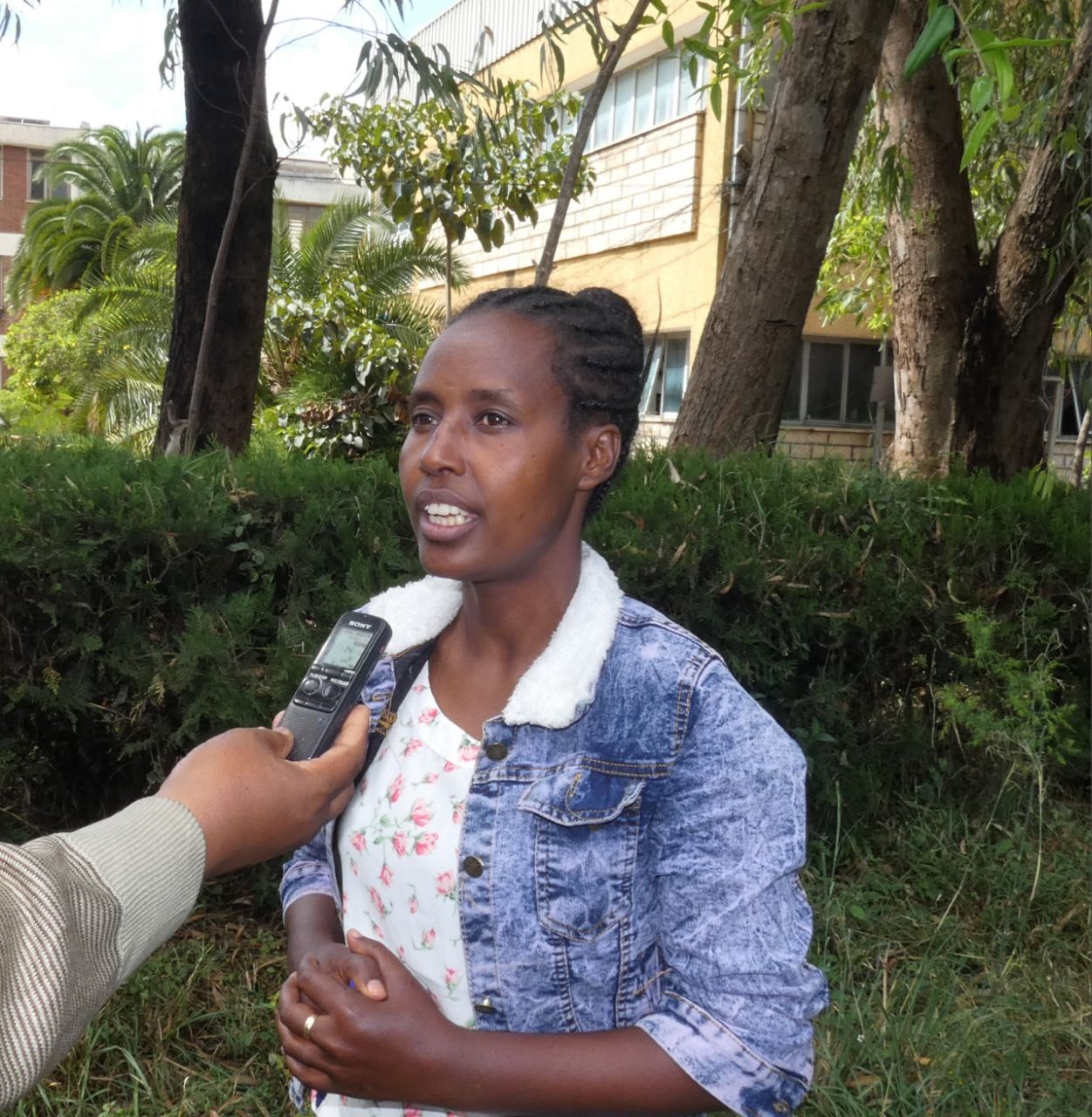
Among the trainees, Mr. Abdumalik Mohammed from West Hararghe Zone, Mr. Adinan Mohammed from East Hararghe Zone, Kersa District, and Miss Birane Gudeta from West Hararghe Zone, Gemechis District said that the training made them be aware of the main problems caused by climate change and they gained an understanding of the methods and the use of information from the training as well as indicated that they plan to do work that will benefit the farmers by using accurate information sources.
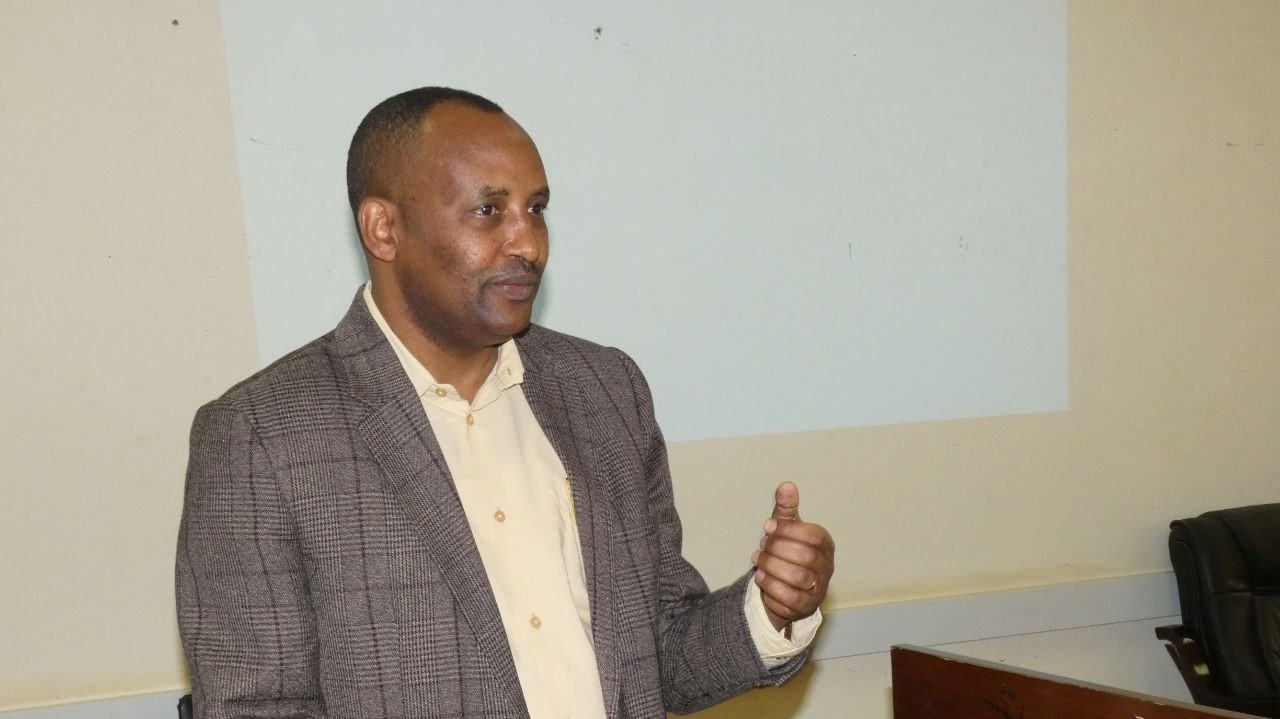
Finally, the dean of Haramaya University College of Agriculture and Environmental Science, Dr. Zeleman Bekeko, who gave the certificate to the trainees, emphasized that agricultural experts should apply the knowledge they have acquired to reduce the impact of climate change.
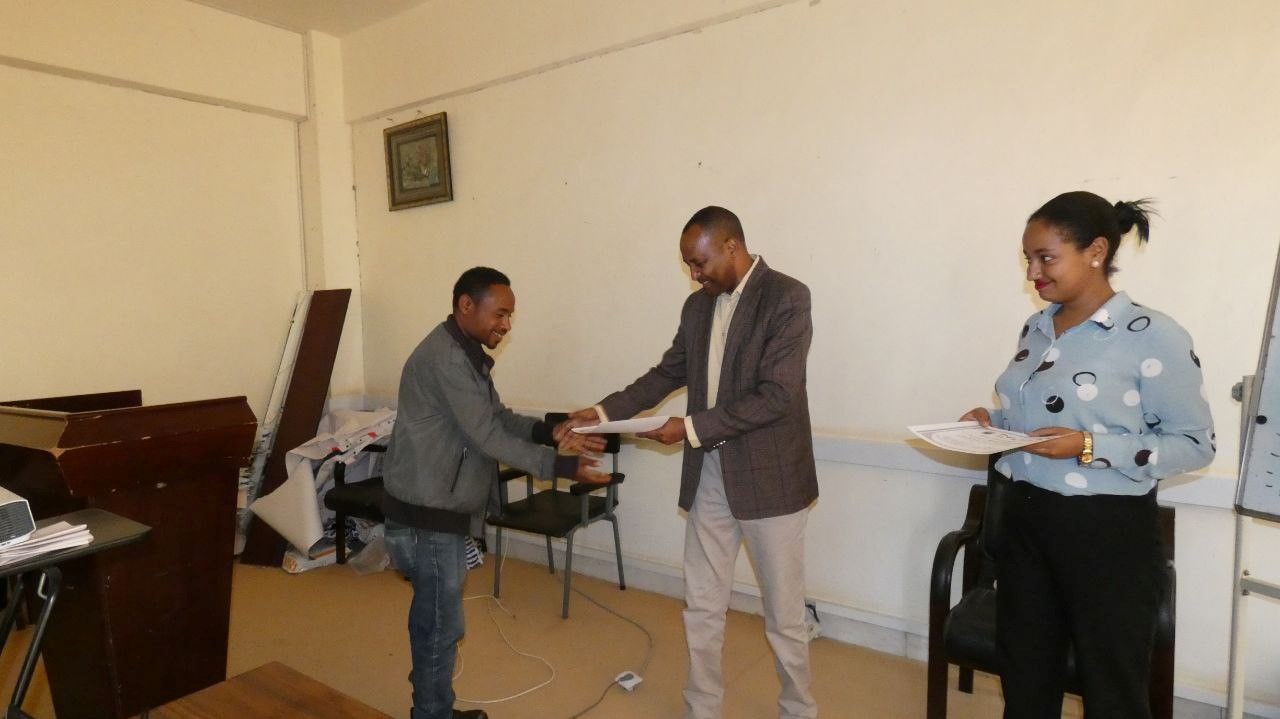
GIZ-Ethiopia and AICCRA provided financial support for this training and similar activities.

Reporter: Shemsedin Mohammad
Photographer: Tewdros Lishan
Haramaya University Public and International Relations Directorate
